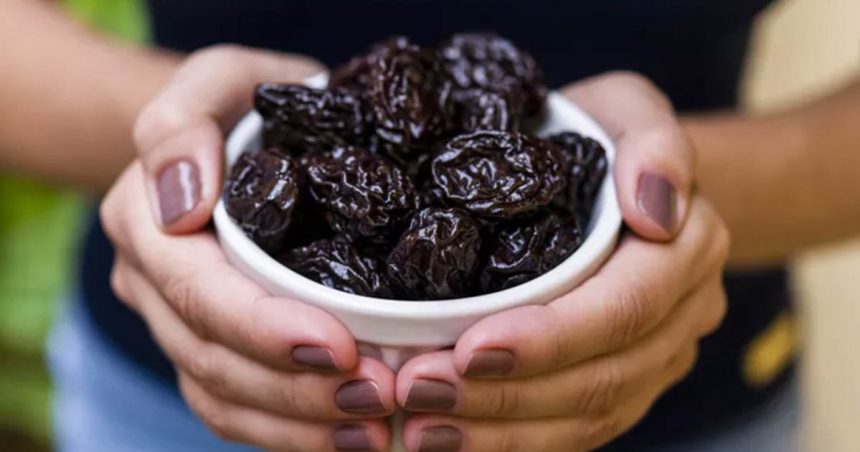Prunes have emerged as a surprising ally in the quest for healthier bones. Recent research suggests that incorporating them into your daily diet can play a significant role in preserving bone health, especially for postmenopausal women. Let’s explore the benefits of prunes and how they contribute to maintaining strong bones in the long run.
The Power of Prunes
Also known as dried plums, prunes are enriched with nutrients essential for bone health. A study published in The Journal of Nutrition revealed that consuming just a handful of prunes daily can reduce inflammatory markers associated with bone loss in postmenopausal women.1 Apart from being delicious, prunes are packed with vitamins and minerals crucial for preserving bone density.
How Prunes Support Bone Health
Prunes are a rich source of nutrients that support bone health. According to Leslie Bonci, MPH, RD, the vitamin K in prunes aids in calcium transportation to the bones, while potassium, magnesium, and boron contribute to bone density and preventing calcium loss. The plant nutrients in prunes also help prevent oxidative damage to bone cells, making them a valuable food for maintaining or enhancing bone health.
Evidence from Research
A 12-month study involving 183 postmenopausal women demonstrated that those who included prunes in their daily diet exhibited lower inflammation markers linked to osteoporosis compared to those who did not consume prunes. This indicates a natural alternative for traditional osteoporosis treatments, reducing the risk of bone-related complications.
Additional Health Benefits of Prunes
Aside from supporting bone health, prunes offer various other health benefits. They aid digestion due to their high fiber content, enhance heart health by lowering cholesterol levels, and contain antioxidants that combat stress and inflammation, promoting overall well-being.2
How to Incorporate Prunes into Your Diet
Prunes are versatile and can be easily integrated into your daily meals. Here are some suggestions:
- Snack on them alone: Convenient and delicious for on-the-go snacking.
- Add to breakfast: Mix into oatmeal, yogurt, or cereal.
- Bake with them: Use pureed prunes as a healthier alternative in baked goods.
- Enhance dishes: Sprinkle on salads, roasted vegetables, or meat dishes for a touch of sweetness.
- Create healthy snacks: Combine with nuts and dark chocolate for a nutritious trail mix, or make energy bites and granola bars.
Starting Slowly
If you are new to consuming prunes, begin with two prunes daily and gradually increase the amount as your body adjusts. This gradual approach can help lessen any potential digestive discomfort and allow your body to adapt to the increased fiber intake.
Conclusion
Integrating prunes into your daily diet is a simple yet effective way to support bone health. With their nutrient-rich composition and numerous health benefits, prunes can assist in maintaining strong bones and enhancing overall well-being. Whether enjoyed alone or incorporated into dishes, prunes are both delicious and nutritious for your daily routine.
Sources
- “Eating 5 or 6 Prunes a Day May Help Preserve Bone Health, Research Shows.” Health. Sarah Garone. May 16, 2024.
- “Top 10 health benefits of prunes and prune juice.” BBC Good Food. November 15, 2023.






